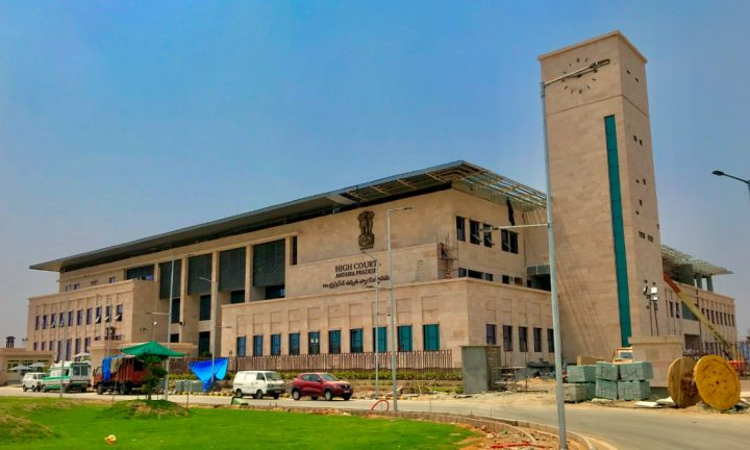Acquittal In Criminal Case Can Be Considered To Determine Punishment In Department Enquiry: Andhra Pradesh High Court
Jagriti Sanghi
2 Sept 2022 6:17 PM IST

Next Story
2 Sept 2022 6:17 PM IST
In a recent case, the Andhra Pradesh High Court held that the order of acquittal in a criminal case can be considered in a punishment to be imposed in the departmental enquiry. However, the order of acquittal will not be determinative where (i) the order of acquittal has not been passed on the same set of facts or same set of evidence; (ii) where the delinquent officer was charged...
